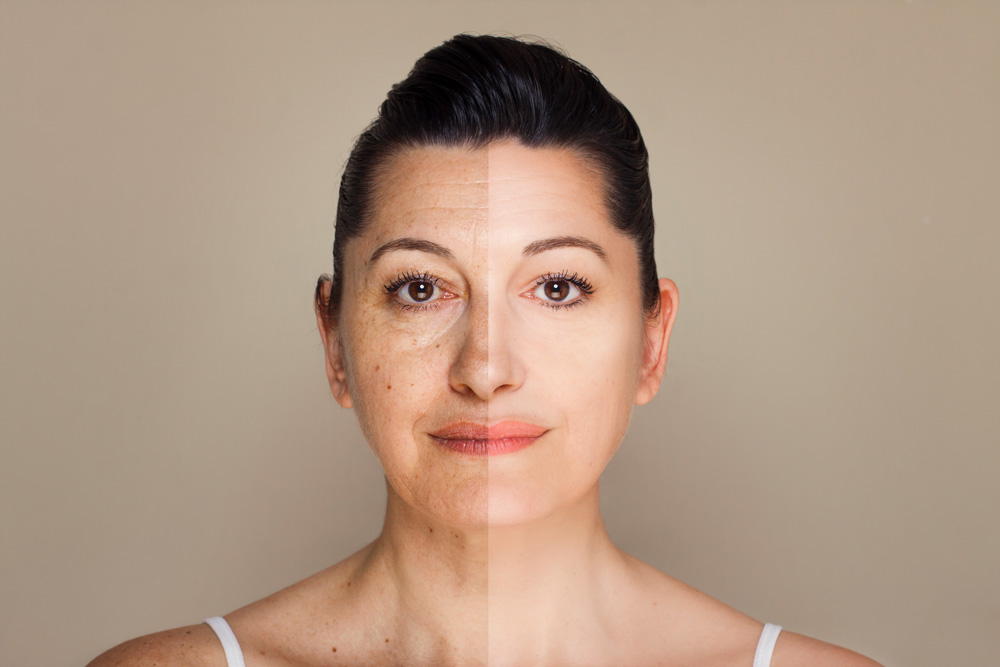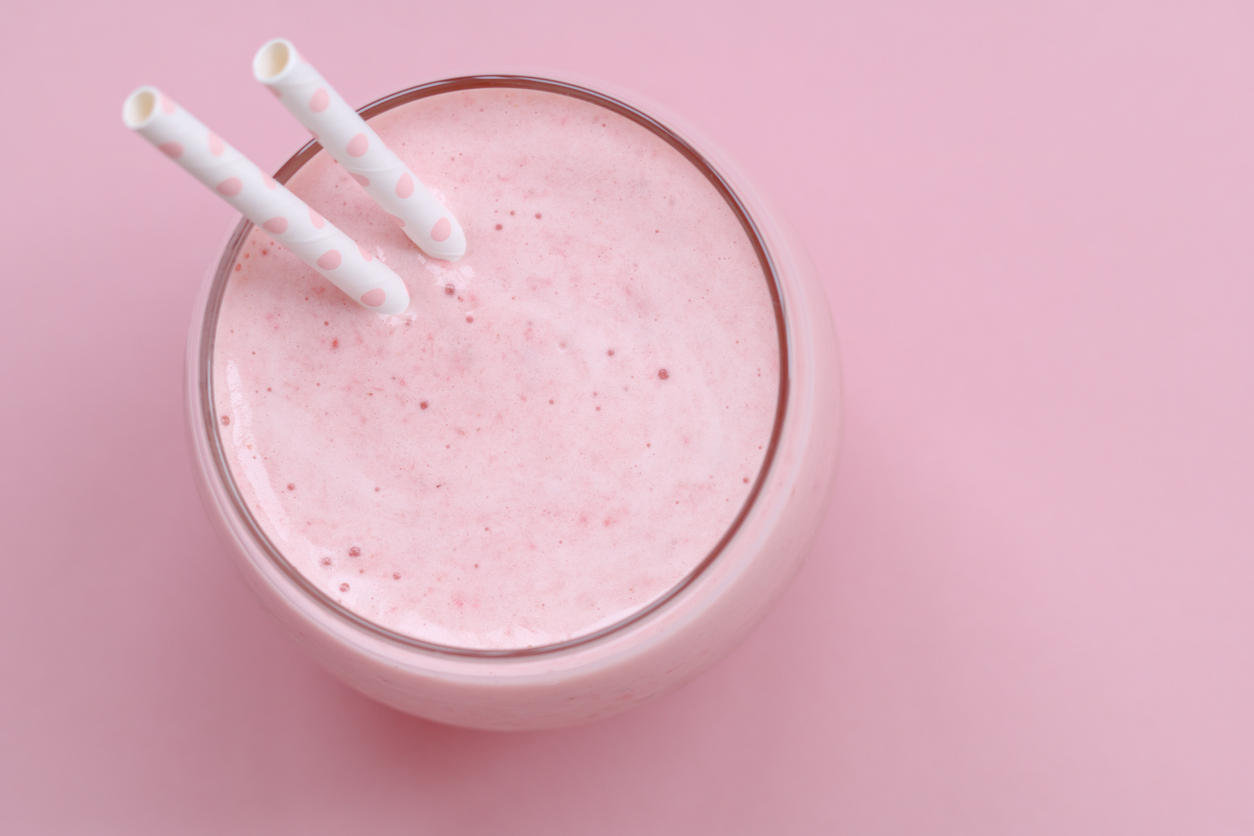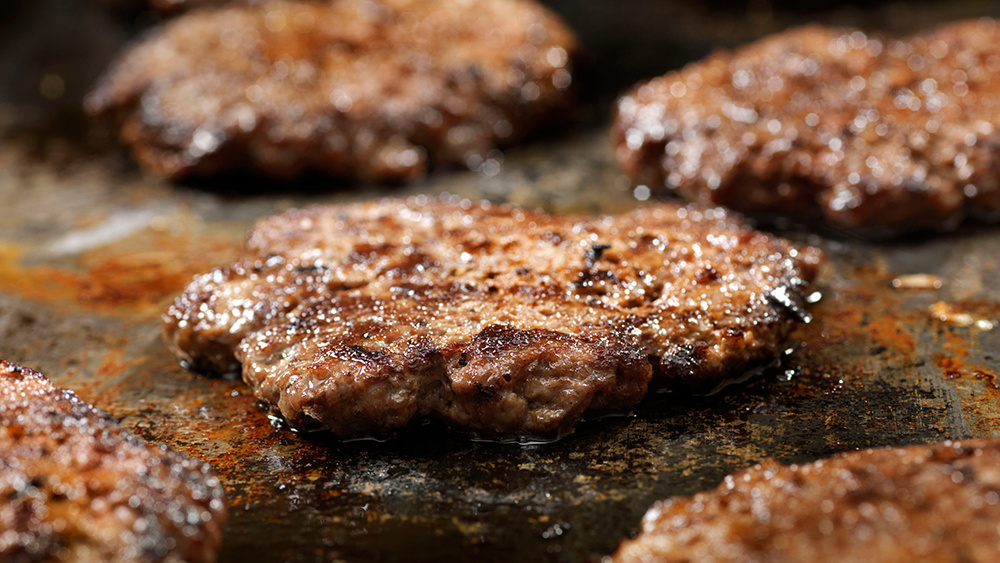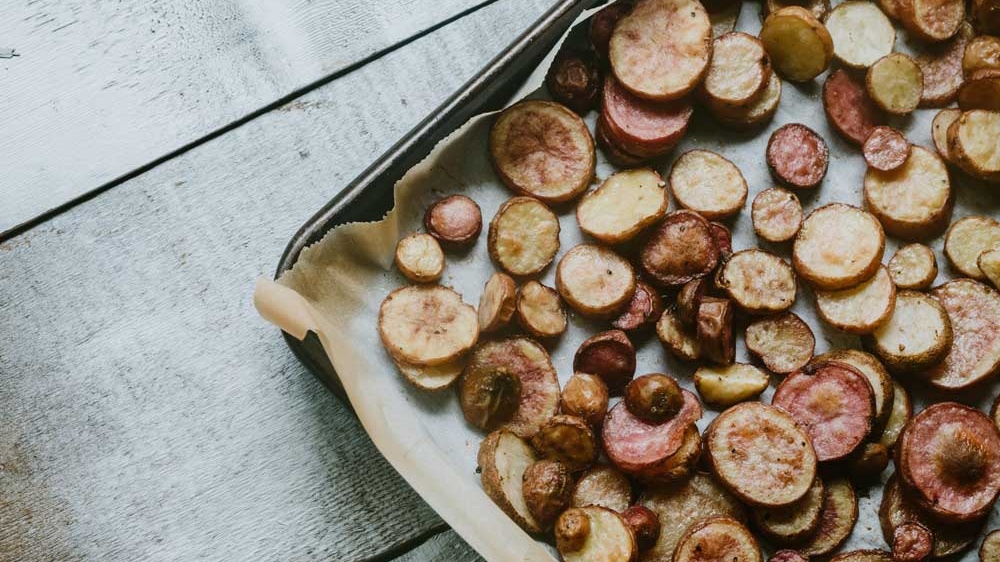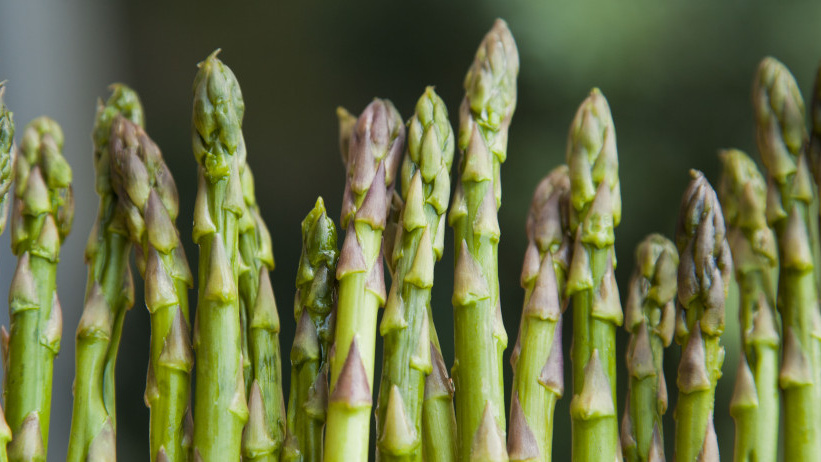The Miracle of Collagen

 Add to favorites
Add to favorites
I went to my naturopathic doctor a couple of months back. I have been dealing with an infection in my digestive tract that I contracted after a series of antibiotic prescriptions. It’s been a nightmare. She had some new test results for me. One of the first things she told me was I am not getting enough protein. I squealed at her, “I eat protein and vegetables every day. They are the mainstay of my diet. How could I not be getting enough protein?!”
She just shrugged and said I needed to get more protein. My body was not absorbing the protein I was eating, or I was not eating enough. It was probably both because my digestive issues were making me lose my appetite. I told her I even put protein powder in my morning smoothie. “Have you tried Collagen Protein?” she asked. I had not even heard of it. So off I went to the grocery store looking for collagen protein. The pharmacist helped me find it. I found one that is vanilla flavor but has no sugar. (You have to be careful when buying protein powders. Many of them are chock-full of sugar). I made my first smoothie with it. I was in heaven. I don’t know exactly what it is about it but it gives your smoothie a really nice mouthfeel. And the benefits are GREAT.
This article is about what collagen protein is and how it benefits you. The benefits are SO many it’s easy now to pass by any other kind of protein powder and pick up this kind. I’ve included two links to collagen protein powders. The first one is the one I currently use and the second one is one offered by Dr. Axe. Much of the rest of this article is taken from Dr. Axe’s website so I have to give credit where credit is due.
WHAT IS COLLAGEN?
Collagen is the most abundant protein in our bodies and is vital for the health of our bones, joints and connective tissues, muscles, gut, nails, hair and skin.
From Dr. Axe:
Why collagen could be the most transformational substance in the world
Up to 30% of all the protein in your body is collagen protein. Up to 70% of skin, hair, nails and nearly 100% of connective tissues are collagen. It literally holds you together: from the hairs on your head, to every inch of your skin, to your joint comfort and mobility. It even impacts the overall health of your gut, including gut integrity.
There’s a reason that collagen supplementation, in addition to an overall healthy diet and lifestyle, is being dubbed as the new essential in the wellness and beauty community. Many people’s collagen is breaking down at an accelerated rate… and it’s not being replaced in the standard modern diet.
Is collagen what’s missing in your diet more than Vitamin C, Vitamin D, Omega-3s and Probiotics? Did you even know you probably need to replenish it regularly?
Once you hit 25 Years of Age, Your Body Could Start Losing Collagen
As we age, our bodies’ natural production of collagen slows dramatically. Over 25? Your body is probably not replenishing collagen as quickly as you are losing it, since replenishment slows with age.
As your body slows its collagen production, you’ll typically end up with skin that “looks older” with less skin elasticity, vibrancy and hydration, creaky joints, or even gut disturbances. It could even mean thinner hair and brittle nails.
And none of us are exempt from this natural aging process.
Collagen is going to diminish with age. Period.
The typical woman can expect to lose about 1 to 2 percent of her body’s collagen every year starting in her mid-30s, and this rate generally only increases as she makes her way through her 40s, 50s and beyond.
There’s evidence that collagen production in sun-protected and well-maintained skin of older adults (over the age of 80) is up to 75 percent less than the production in the skin of young adults (under the age of 30).
Yes! You read that right. There’s up to 75% less collagen in elderly adults as compared to those in young adulthood. That’s a staggering number.
Have you ever met someone who was in their 20s, but you could have sworn she was 45? Or seen that rare 70-year old woman with the skin of someone in her 30s? It’s true, something like perceived age is partially due to genetics. But it’s not totally up to fate. It’s also up to a person’s diet, lifestyle and collagen stores.
And age is not the only thing that can slow down production and deplete collagen from your body. If you’re worried about the breakdown of your own collagen, take a look at the list below of 10 lifestyle factors that are considered “collagen killers.”
10 Surprising Collagen Killers
Poor sleep
Too much sugar in the diet
Injuries and joint degeneration
High cortisol from emotional stress
Sun overexposure
Diet low in antioxidants
Sitting all day and lack of activity
Bad gut health
Nutrient shortfalls of vitamin C and zinc
If you were blown away by this information, join the club. I needed to learn this.
I’m at an age where I’m obsessed with my skin but don’t really know how to keep it lively. Turns out you can keep it youthful from within rather than trying to figure out which of the myriad of creams to buy. I’m always stumped by all those commercials pushing hydro-boost this, retinol that. And of course, drink plenty of water.
My gut is starting to feel better too. It’s slow progress but between a new drug I am on that is supposed to be straightening me out and my new smoothies I’m on my way.
I’m giving you my latest, super-simple smoothie recipe so if you decide to try collagen powder you’ll have a recipe ready to go. Just toss this stuff in your blender. The shake/smoothie keeps me full and focused until sometimes after 11AM. Then I’m raring to eat lunch at noon.
Cheers,

Collagen Fruit Smoothie
One of my favorite breakfasts these days. So easy and quick. Refreshing and filling. Collagen protein powder is not cheap but the health benefits are HUGE.
Nothing found.
Smash Burgers
ZS-5 Ingredients or Less,ZReboot,Featured Posts,ZSpecialties,Recipes
Smash burgers are all the rage. Step into a brew pub and you’ll likely find a smash burger on the food menu. These are NOT the huge, 8oz burgers we’ve been fed in the past. These are a thinner burger…
Nothing found.
Potatoes and the Glycemic Index
Featured Posts,Zola Blog,Carbohydrates
Enjoy potatoes in moderation and use these hints to make healthier choices.
14 Asparagus Tidbits
I planted an asparagus patch once. While doing my research I learned you should not harvest it the first year. I followed those directions and let it mature through the year. I looked forward to the…

